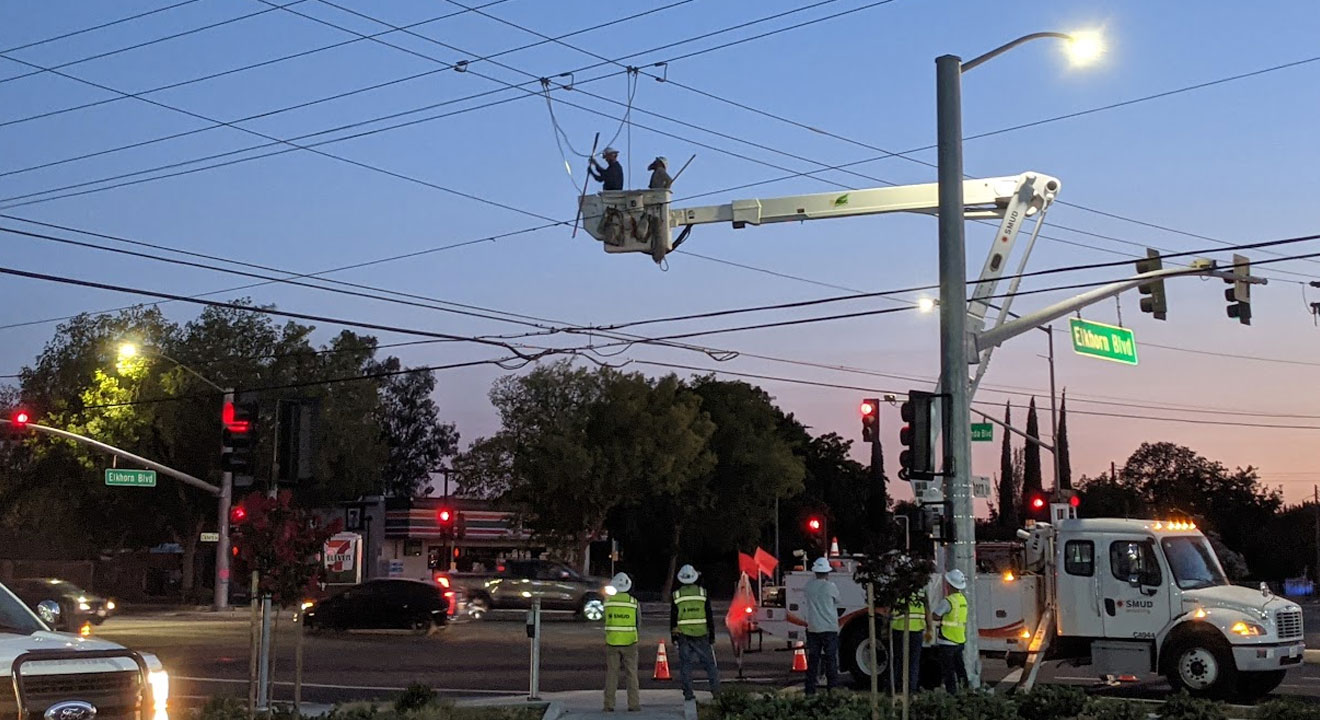With the approval of the recommended budget for Fiscal Year 2017-18 on June 14, the Sacramento County Board of Supervisors highlighted the County’s commitment to addressing homeless initiatives with an additional $6.2 million directed toward those efforts.
“While the County addressed a number of service and program issues with enhanced funding for Fiscal Year 2017-18, our biggest additional investment overall was directed towards efforts to reduce homelessness,” said Board Chairman Don Nottoli, Supervisor, District 5.
- This initiative seeks to shelter more families annually by helping them connect to assistance and return to housing more quickly. The new shelter system will prioritize unsheltered homeless families and improve access for all homeless families through reduced entry requirements and greater accommodation of families with complex needs (such as those with health or behavioral health needs).
- By using more flexible County general fund dollars, diversion services will be funded to help some families keep their existing housing and avoid a shelter stay altogether.
- Recognizing that some families may benefit from more long-term support, the County will also fund a small transitional housing program offering employment and recovery supports for 19 families experiencing homelessness.
- Operating on a unique County-owned property, Mather Community Campus (MCC) has played an important role providing transitional housing, employment services, and recovery support for individuals and families experiencing homelessness in Sacramento since 1996.
- In 2016, the Volunteers of America (VOA) served over 885 individuals, families, former foster youth, and veterans through eight residential (267 units) and nonresidential programs. In addition to offering life skills, employment preparation and vocational training, VOA currently engages with over 200 businesses in its job placement services.
- This initiative identifies funding to continue operations at MCC.
- This initiative seeks to reach persons experiencing homelessness who have complex behavioral and/or physical health issues that often prevent them from engaging in shelter services.
- The shelter would include 24-hour dormitory accommodations for up to 75 individuals at a time, with consideration for partners, pets and possessions, and include meals, showers and laundry facilities.
- On-site case management would focus from day one on connecting participants to stable income, public benefits and permanent housing as well as to essential health services.
- As proposed, the Full Service Rehousing Shelter would serve up to 250 to 300 persons annually.
- The County proposes a new Flexible Supportive Re-housing Program (FSRP) that would provide highly flexible re-housing and stabilization services to persons who have experienced long-term homelessness, who frequently utilize costly County services (such as behavioral health, emergency response, or jail), but who could, with the right assistance, stabilize in permanent supportive housing.
- The program would provide a highly flexible solution, employing proactive engagement, “whatever it takes services,” and ongoing housing subsidies to engage property owners and stably rehouse the target population.
- As proposed, FSRP would re-house up to 250 individual and family households in the first year of the program.
- Limited Preference Allocation of 150 “turnover vouchers” annually (see #4 above);
- Up to 375 project-based vouchers over three years to support new or existing permanent supportive housing;
- 50 vouchers over three years to help current supportive housing tenants “move on” to affordable housing and serve new families in need of the intensive services; and
- 100 vouchers for homeless youth participating in a new federal grant called “P3”.













